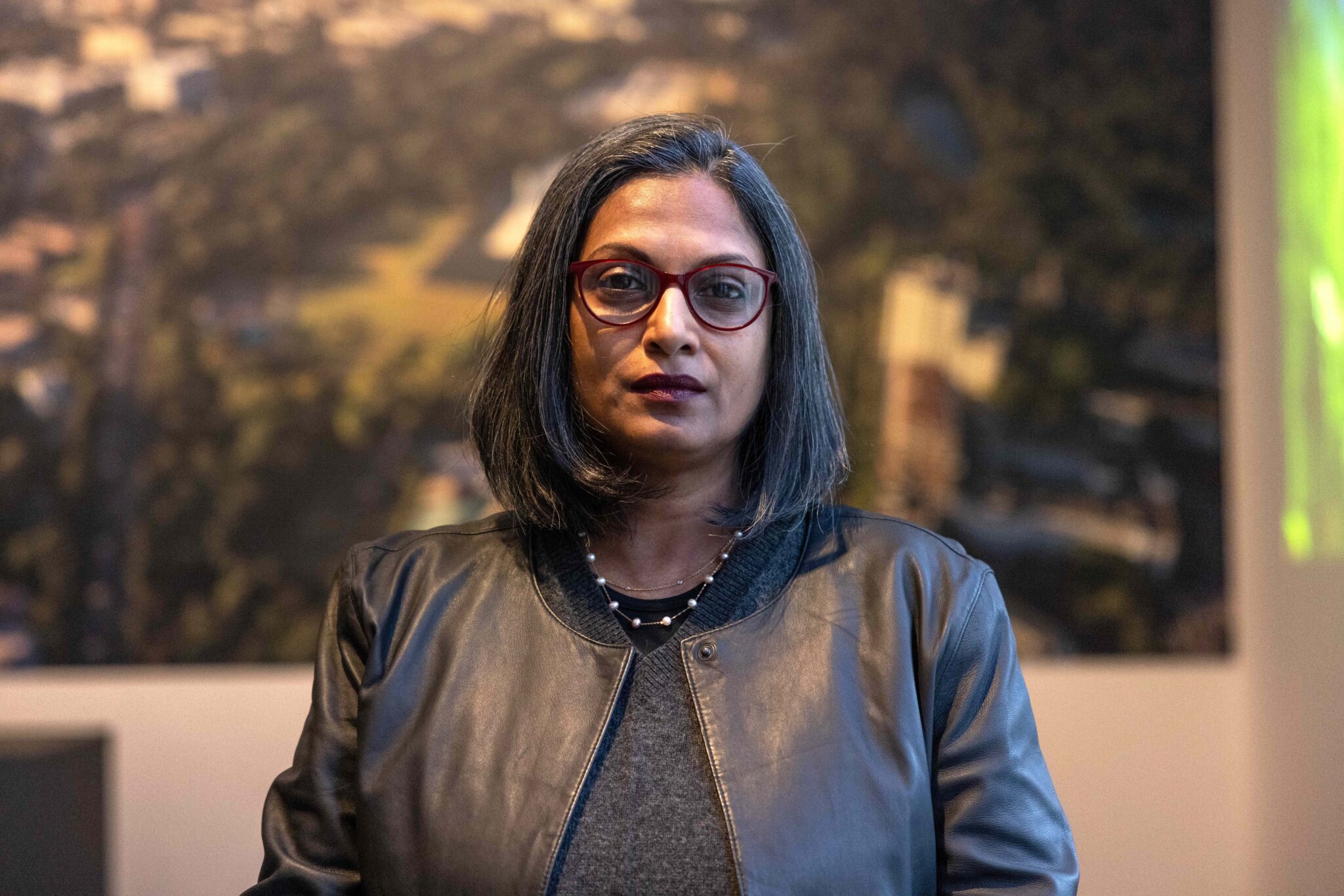My Kind of Town: a place for encounters and appropriation – where you can afford to be poor



Martin, in a preposterous fur coat, both angry and excited by the relentless sexual hysteria which seems a proportionate response to the turning of the year at 20, and idiotic at 50. Even in Paris, even in the 1980s, even in the tripping of one year to the next, this town still wasn’t generous enough to embrace a gay teenager, and tiring of our sluttish behaviour he insisted we go home. Given we’d hitched on a whim from London that afternoon, ‘home’ was 200 miles away.
Without plans, a map or money we walked off the boulevard into the network of nineteenth-century courtyards and alleys, survivors of Haussmann’s grand plan. The street became a courtyard and an opportunistically opened door gave onto a grand staircase that became a smaller stair that became a sightless, giggling, near-vertical ascent into the eaves and along a corridor that gave into an empty room. I still don’t know if the whole block was uninhabited or just the freezing room in which we slept, in what felt like a page from a Zola novel.
I’m for a town that lets children play on their own terms and doesn’t run them down in the street or poison them in their prams. I’m for a town where you can afford to be poor”
Same time or a different time, same city or a different city, late and lost and laughing, always coming back to the same place, circling the same block, waylaying a woman in curlers and kitten heels and her absurdly tiny dog for directions and setting off, only to meet her again coming the opposite way around the next corner. She ooh-la-la’d at our idiocy and with another theatrical exchange we were on our way. Instantly forgetting or not understanding if she had given directions or told us to follow her, we are unintentionally embroiled in a game of grandmother’s footsteps, stalking her down the street, unsure if she is looking back to check we are there or in increasing fear of her life. By the end of the block we are weak with laughter as we imagine following her back to her building, into her lobby, up the stairs into her apartment, all the while unable to read whether her backward glances are meant to keep us in tow or are to try and escape us.
Later that summer, back in London, we took the now rerouted North London Line to the terminus at North Woolwich and picked our way along the derelict riverside to join the evening promenade at the mausoleum of the Beckton Gasworks: ruined furnaces the size of cathedrals, blackberries and glass underfoot, birdsong and lizards, heat radiating off brickwork, buddleia, rosebay willow herb and the characteristic musty-bitter smell of almonds associated with cyanide gas. This is now a 24-hour Tesco.
I’m for a town of encounters and appropriation, a town of uneven values, where ruined plots don’t have to be Box Park. I’m for a town where value is not measured in only one way. I’m for an incremental urbanism that makes a place not just from the speed of the masterplanner’s felt-tip pen but has time for the slow creep of experience. I’m for a town with a government that cancels the Garden Bridge, I’m for a town that lets children play on their own terms and doesn’t run them down in the street or poison them in their prams. I’m for a town where you can afford to be poor.














